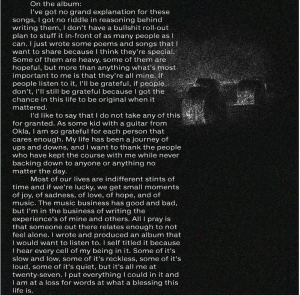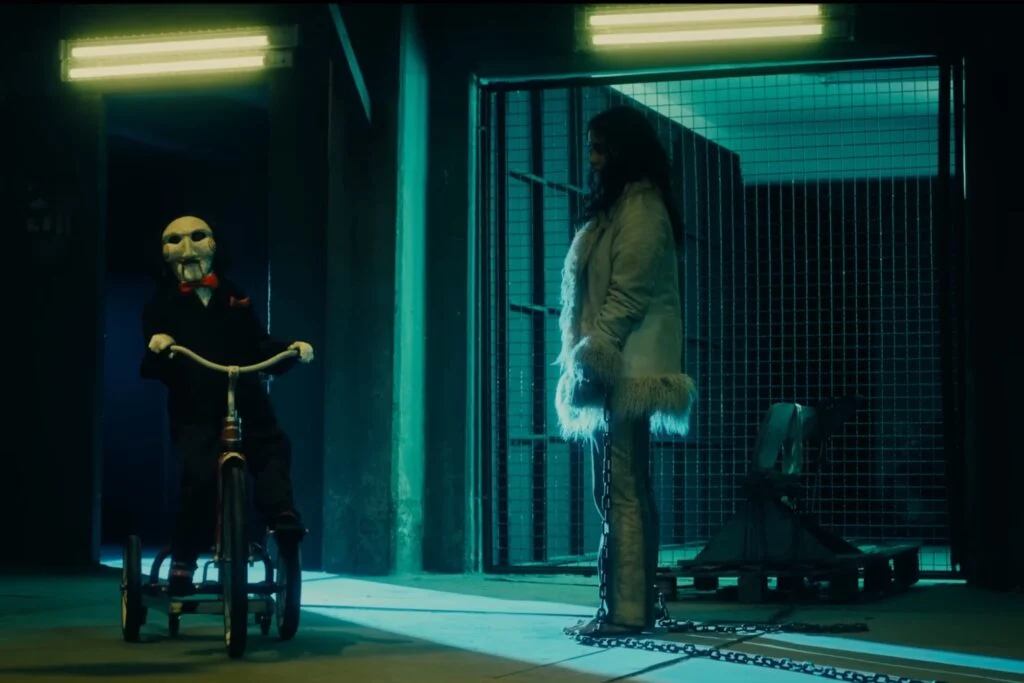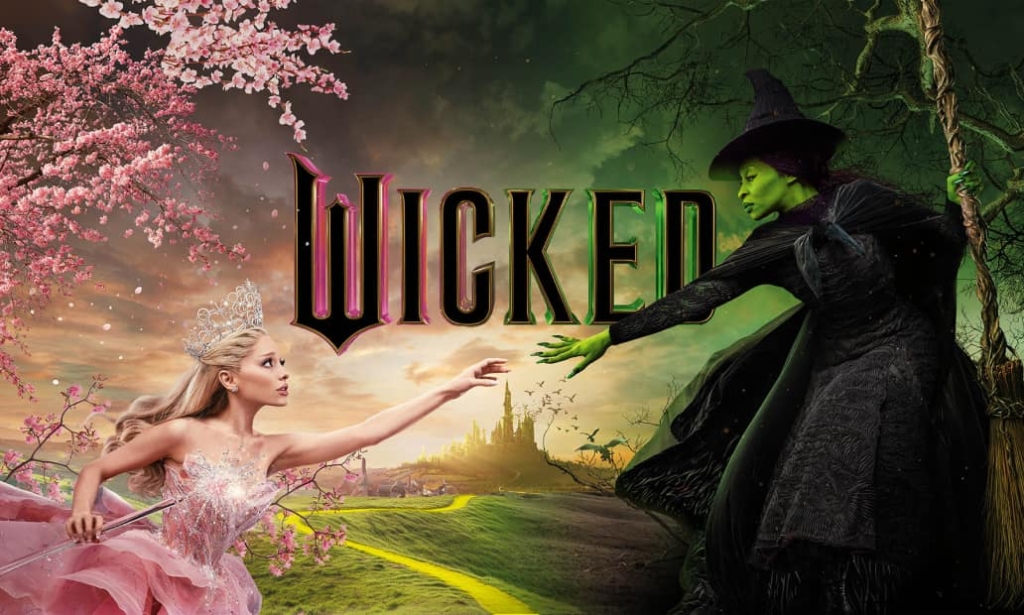Country artist Zach Bryan released the album “Zach Bryan” on August 25. Fans excitedly waited the arrival of the album after reading Bryan’s Instagram post promoting the record, saying that he titled it with his own name because the album embodies who he is.
“I self-titled it because I hear every cell of my being in it. Some of it’s slow and low, some of it’s reckless, some of it’s loud, some of it’s quiet, but it’s all me at twenty-seven. I put everything I could in it and I am at a loss for words at what a blessing this life is,” Bryan said.
The album made number one on Billboard’s Aug. 18 to 31 Top Album Global list, and all 16 songs on the album secured a spot on the Billboards’ Hot 100 list, with the song “I Remember Everything” featuring Kacey Musgraves at number one. The song is a student favorite.
“‘I Remember Everything’ is my favorite song in the album because it’s a duet, which isn’t necessarily common for Zach Bryan to do. And the chorus is so catchy, and it’s easy to learn the words,” senior Molly Ricke said.

Unlike any other album by Bryan, or many other artists for that matter, the album begins with a poem, “Fear and Friday’s (Poem).” The poem unexpectedly compares the overhyped expectations of fear to those of Fridays, reading, “I do not and will not fear tomorrow because I feel as though today has been enough […] And I think fear and Fridays got an awful lot in common, they are overdone and glorified and always leave you wanting.” Bryan.
By beginning with a slow and meaningful poem, Bryan sets the murky and melancholy tone for the rest of the album. This tone is primarily reflected in songs, “Tourniquet,” “Spotless,” and “Smaller Acts.”
In the best song in the album, “Tourniquet,” Bryan creates a speaker who offers himself as a tool to either help save the intended listener in their conflict or support them in their giving up, singing, “If you need a tourniquet or if you want to turn and quit, know that I’ll be by your side.”
It’s difficult for many artists to smoothly use poetic devices while still being able to deliver a deeper meaning; however, Bryan does it successfully. Similarly, in the song “Spotless” he relies on off rhyme to deliver catchy, memorable, but sincere lines, like “For once in my life, I’m going to see it through. If you want spotless, I’ll always lose. I don’t want love, lover, I want the truth.”
Once these lyrics have caught your attention, it is difficult to get them out of your head.
Though the album has a melancholy, sometimes regretful, tone, the songs are enjoyable and will hopefully continue to land on record breaking lists.







